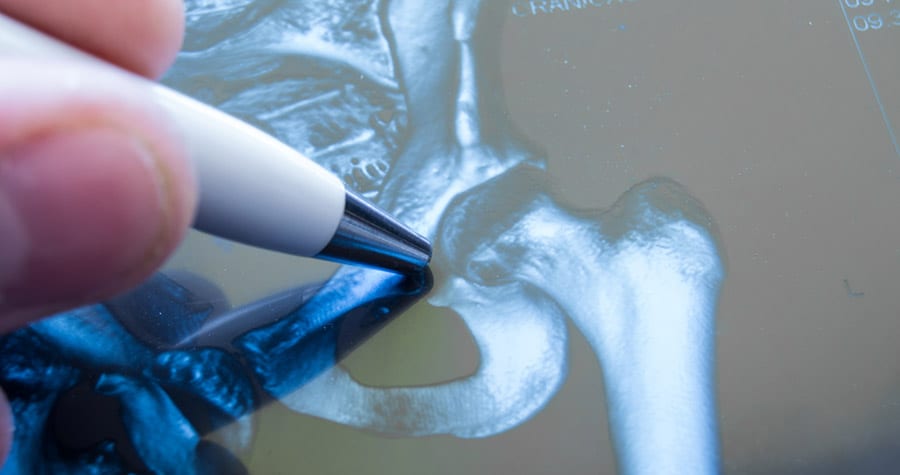
Options for Herniated Discs
A common source of back and neck pain, herniated discs can result in little or no discomfort or extreme pain aggravated by movement, depending on how nearby nerves are affected. If your pain isn’t going away with conservative treatments or it’s becoming progressively worse, you may be directed to an orthopedic surgeon.
What Causes a Herniated Disc?
The 26 bones of your spine are cushioned by spongy discs to prevent excessive strain from your daily movements. A herniated disc results when the jelly-like substance inside of the disc is pushed through to the outside of the disc. This type of damage can be caused by:
• Age-related wear, or degeneration
• Traumatic injury or a hard impact
• Improper lifting of heavy objects
• Weak muscles that support the back
• Poor nutrition or excess weight
Do You Have a Herniated Disc?
A herniated disc can occur at any point along the spine, although the lower back and neck are the most common areas affected. Numbness and tingling sensations and loss of muscle control are the most serious symptoms associated with disc herniation. You may also have a herniated disc if you experience:
• Pain that appears to be affected by movement
• Radiating pain in your arms and legs
• Pain that worsens when sitting or standing
• Sudden muscle weakness or instability
How is a Herniated Disc Diagnosed?
Diagnosis often starts with a visit to your primary care physician for a general evaluation. If you’re referred to an orthopedic surgeon, further diagnostic attempts typically involve x-rays, MRI and CT scans, and an assessment of your ability to function.
How is a Herniated Disc Treated?
Conservative treatments such as physical therapy, the application of heat or ice packs, modification of activities, anti-inflammatory drugs, pain medications, and dietary and nutritional changes will likely be recommended first. If stronger pain medications are prescribed, they are only meant to be used in the short-term.
What are Surgical Options for a Herniated Disc?
When surgery is deemed your most likely source of relief, it usually involves complete or partial removal of the problem disc and fusion surgery to restore the stability of your spine. Artificial disc replacement is an increasingly popular option, although not every patient is a candidate for the procedure.
Orthopedic surgeons are trained to evaluate conditions involving bone and joint pain. However, their role is often to achieve a more accurate diagnosis rather than recommend surgery, which is usually a last resort if other treatments fail.







